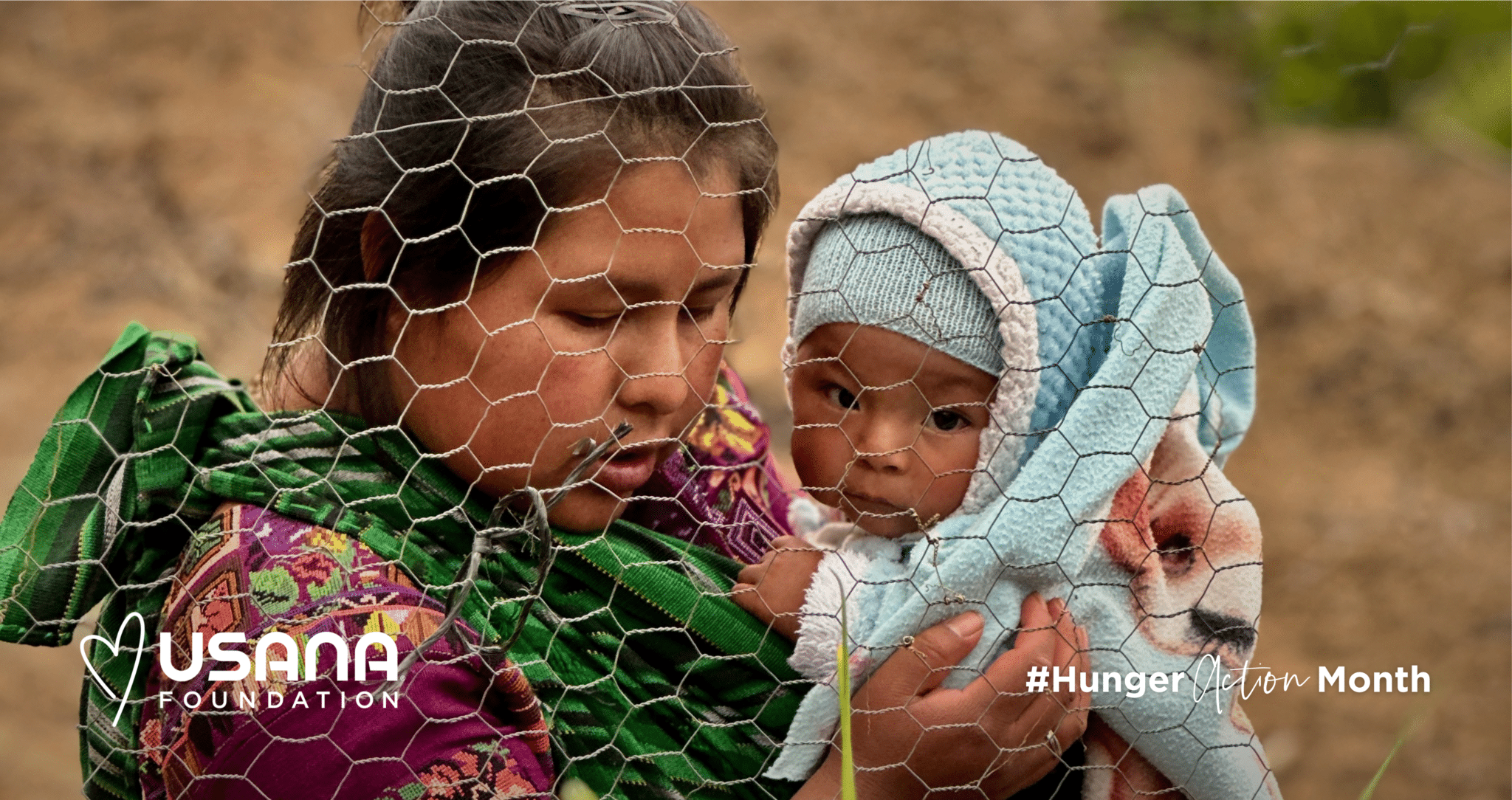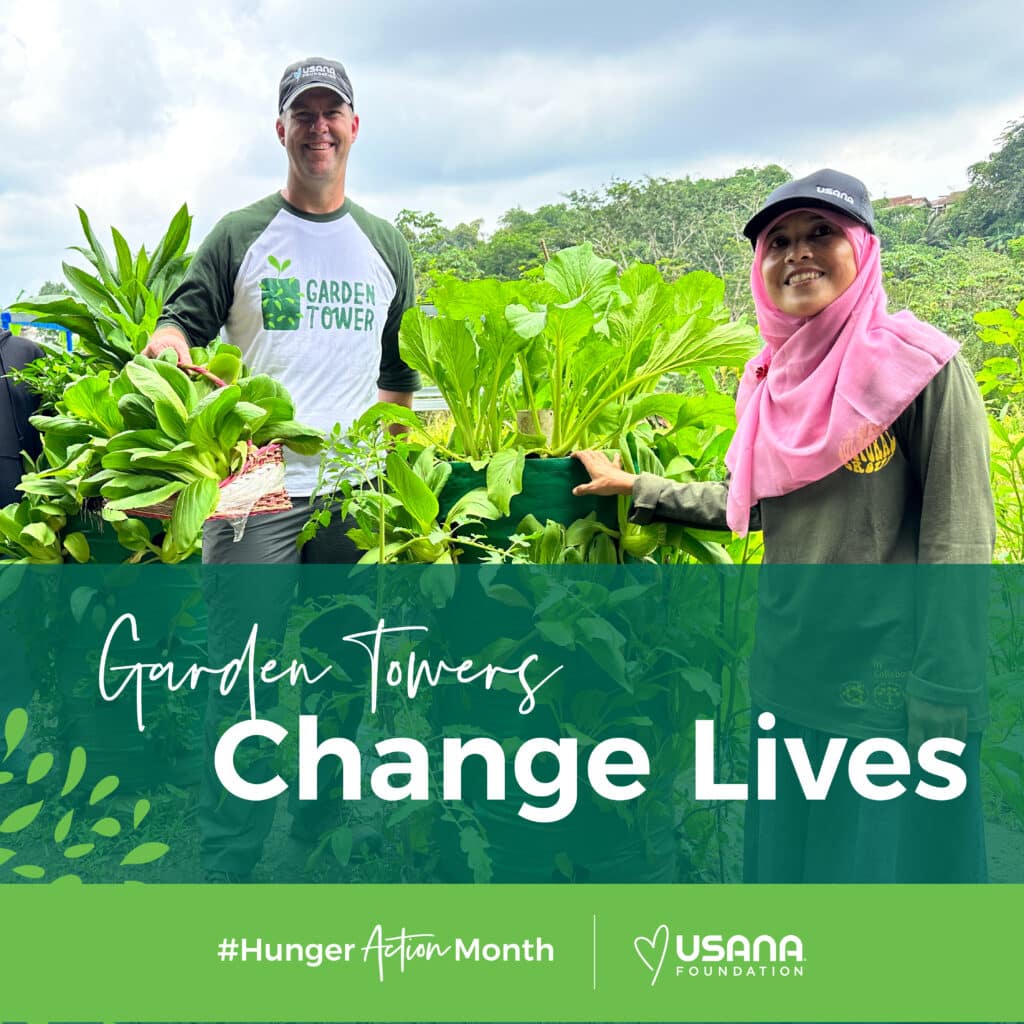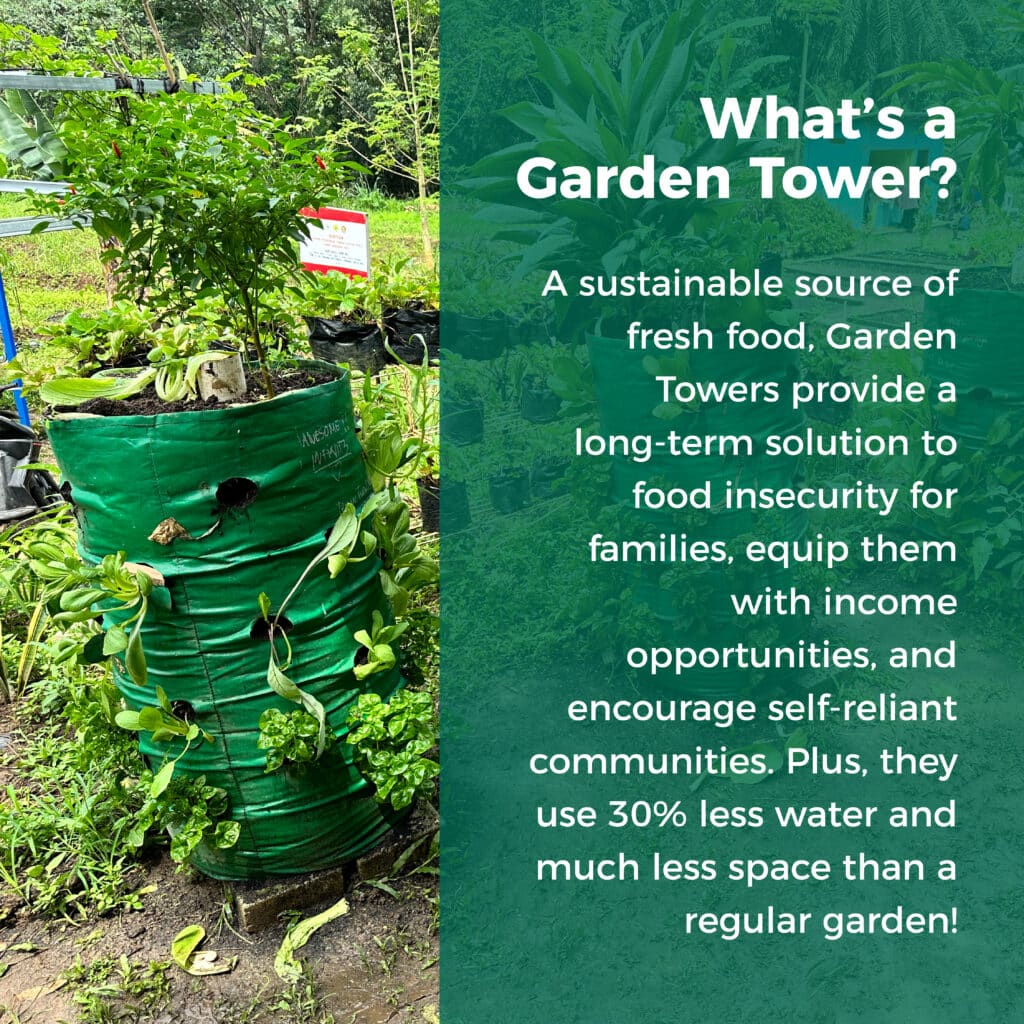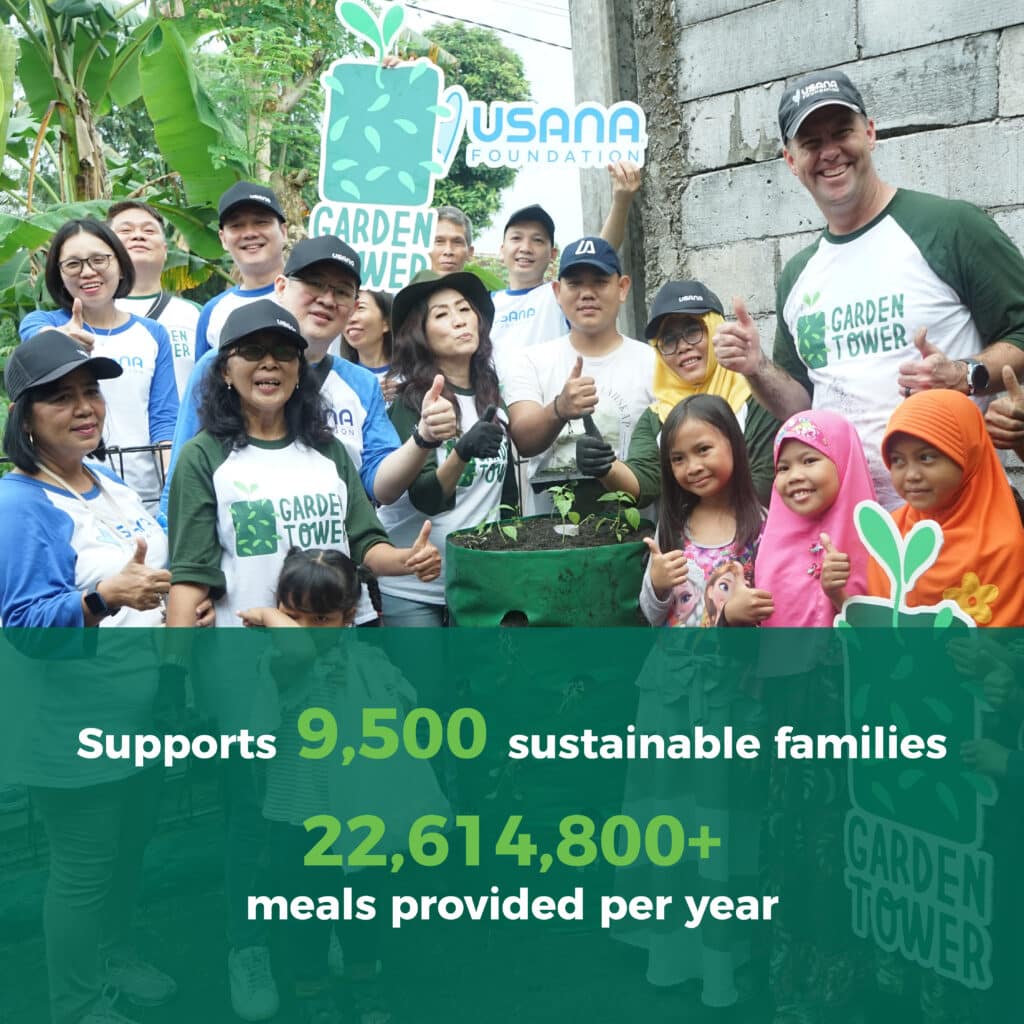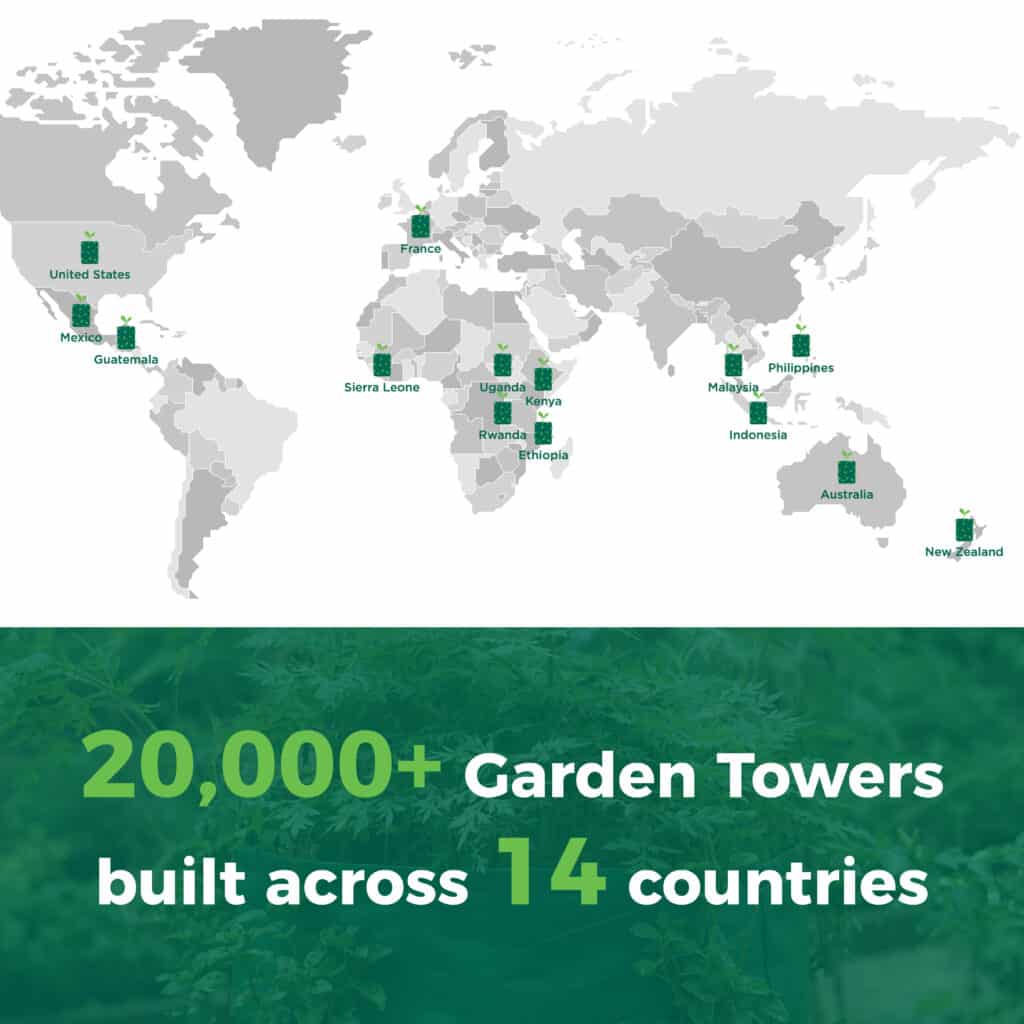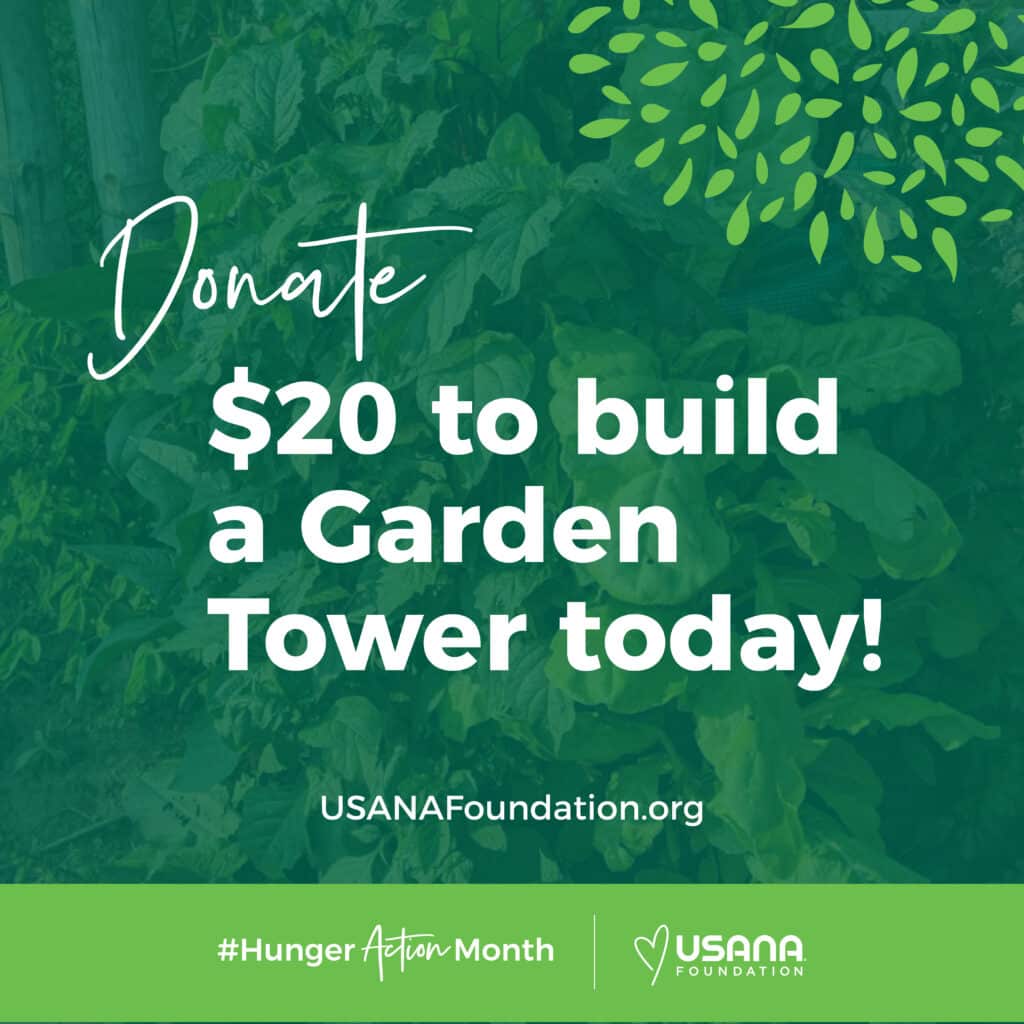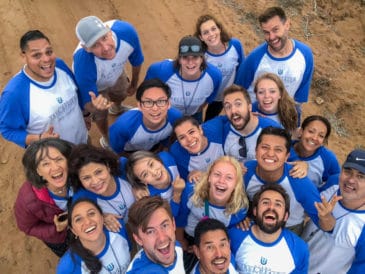Food insecurity is an urgent global issue that plagues millions of individuals and families across diverse regions and cultures.
Despite the progress made in various sectors, the presence of world hunger and malnutrition remains a stark reminder of the work that still needs to be done.
As a globally-facing Foundation, we are committed to fighting world hunger on a sustainable front, especially setting our sights on ways we can empower local communities in Asia-Pacific, Africa, the Americas. Let’s dive into the diverse faces of food insecurity by humanizing the stories of fictional individuals from Chicago, Mexico, Kenya, and China. Through these personal narratives, we aim to shed light on the challenges faced by children, teens, single mothers, and families in urban, suburban, and rural settings.
By fostering understanding, empathy, and awareness of the staggering numbers behind global hunger, we can collectively work toward finding sustainable solutions to combat food insecurity.
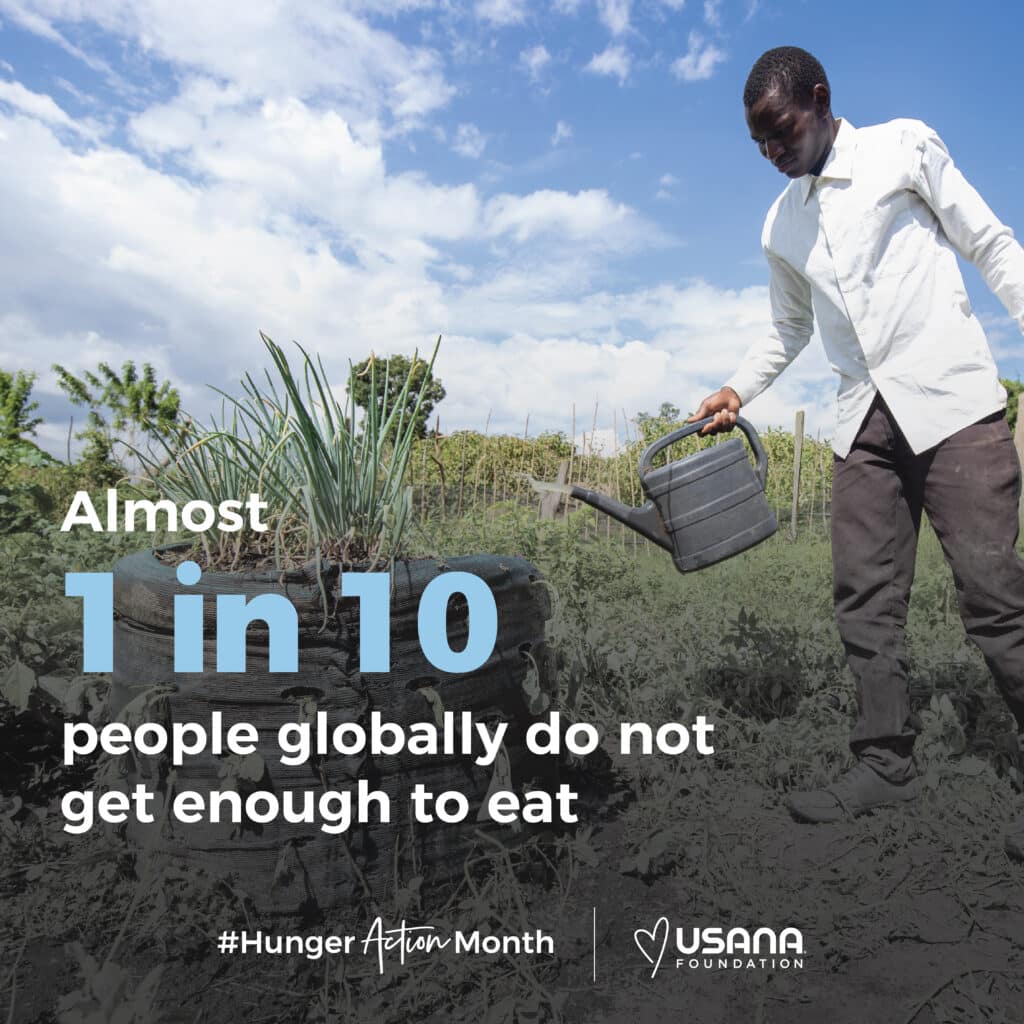
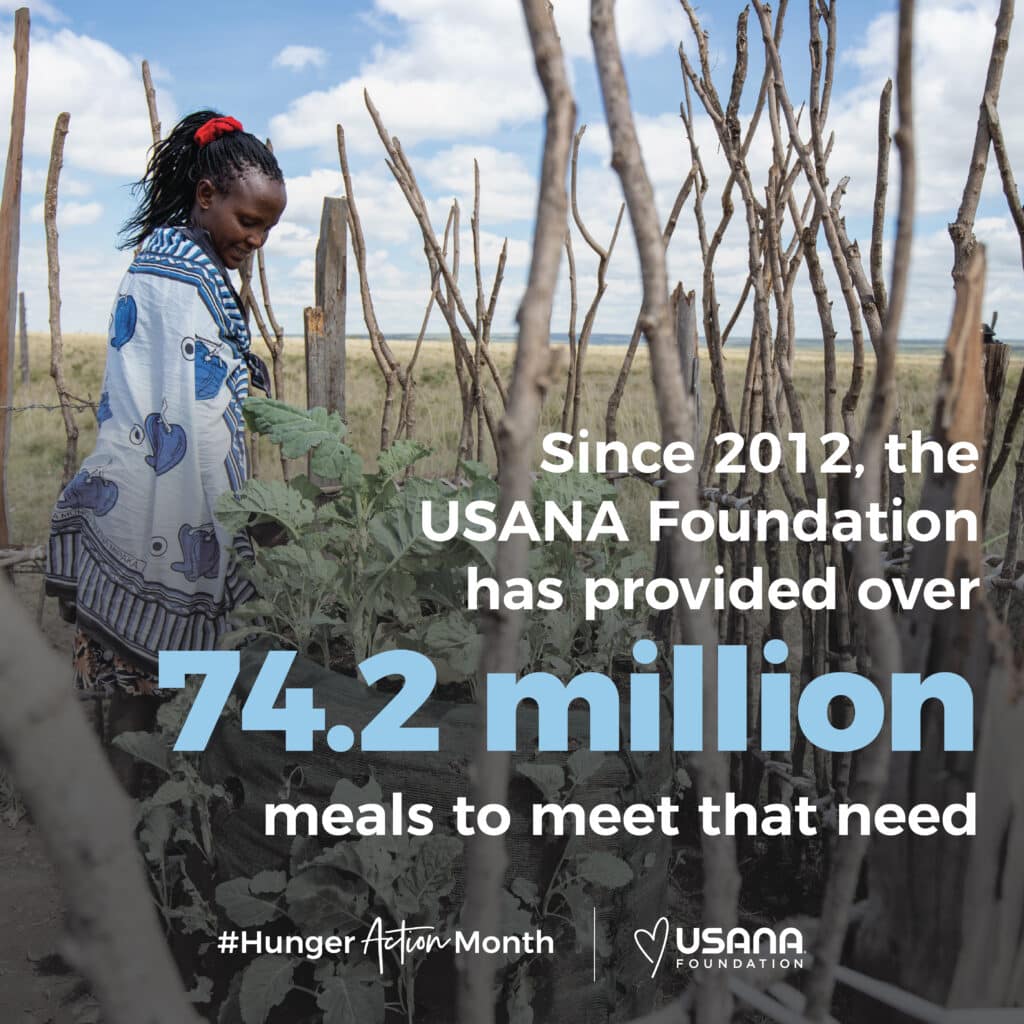
How many people are hungry in the world?
According to recent statistics from the United Nations, approximately 811 million people worldwide suffer from chronic undernourishment, unable to access the required daily caloric intake for a healthy and active life.
This staggering figure reveals the magnitude of the challenge we face as a global community. While progress has been made in reducing hunger, the COVID-19 pandemic and its socioeconomic impacts have further exacerbated food insecurity, pushing millions more into its grasp. The numbers alone cannot convey the immense personal toll experienced by individuals and families battling hunger every day.
To truly understand this urgent issue, we must turn our attention to the stories of those directly affected.
Chicago, United States: a picture of hunger in the United States
Enter the world of Miguel, a ten-year-old boy growing up in a vibrant neighborhood in Chicago.
Despite the bustling city around him, Miguel’s family struggles to put food on the table. Living in a low-income area known as a “food desert,” access to fresh and affordable produce is limited. The nearest grocery store is miles away, and corner stores only offer processed and unhealthy options.
Miguel’s single mother works multiple jobs, leaving little time for meal preparation. As a result, Miguel often goes to bed hungry, his concentration in school compromised by the gnawing feeling of an empty stomach.
To learn more about the USANA Foundation’s work to fight hunger in our local community of Utah, check out our USANA Kids Eat program.
Baja, Mexico: a picture of hunger in Latin America
In a serene suburban town in Mexico, we meet Rosa, a determined single mother of two. Rosa works tirelessly in the local flower industry, but her meager income barely covers the basic necessities.
The rising cost of living leaves little room for healthy and nutritious food. Rosa’s children, Maria and Alejandro, often miss out on balanced meals, relying on cheap snacks and sugary drinks. Their academic performance suffers, and their overall health is at risk due to the lack of proper nutrition.
The cycle of food insecurity persists, shadowing their dreams of a brighter future.
To learn more about our growing Garden Tower program in Baja, Mexico, check out this article. And to see how Garden Towers are transforming lives in Guatemala, read this article.
Maasai Mara, Kenya: a picture of hunger in Africa
Traveling to the rural heartlands of Kenya, we encounter Amina, a strong-willed farmer and single mother. Amina relies heavily on subsistence farming to provide for her family.
Erratic weather patterns, prolonged droughts, and pests constantly threaten her crops, leading to decreased yields and food scarcity. With limited access to markets and storage facilities, she struggles to sell her produce at fair prices.
Amina’s children, Samuel and Nuru, often go hungry during lean seasons, hampering their growth and ability to concentrate in school.
To learn more about our thriving Garden Tower program in Kenya, visit our global nonprofit partners, 100 Humanitarians.
Yushu, China: a picture of hunger in Asia
In the picturesque countryside of China, we meet Li Wei, a hardworking father striving to make ends meet. Li Wei and his wife, Mei Ling, cultivate their small plot of land, which is vulnerable to extreme weather conditions and diminishing soil fertility.
As they battle these challenges, food scarcity becomes an ever-present concern. Their children, Wei and Jing, face the harsh reality of hunger, their dreams overshadowed by the struggle to secure enough food to sustain themselves.
The complex solutions to the crisis of world hunger
Food insecurity is a pervasive and complex issue that affects individuals and communities across the globe. The personal stories of fictional characters like Miguel, Rosa, Wanjiku, and Li Wei provide us with a glimpse into the challenges faced by children, teens, single mothers, and families in urban, suburban, and rural areas of Chicago, Mexico, Kenya, and China.
Don’t forget—these stories are not isolated incidents but a representation of a much larger crisis.
The statistics on global hunger are sobering: again, an estimated 811 million people worldwide suffer from chronic undernourishment. This figure not only reflects the sheer scale of the problem but also emphasizes the urgency of finding comprehensive and sustainable solutions.
Hunger and malnutrition have far-reaching consequences, affecting physical and cognitive development, academic performance, and overall well-being. The cycle of food insecurity perpetuates inequality and hampers progress towards achieving the United Nations Sustainable Development Goals.
This is why we’re dedicated to ending malnourishment—for good.
How the USANA Foundation is dedicated to fighting global food insecurity
At the USANA Foundation, we’re always looking for innovative, sustainable solutions to tackle malnutrition and empower families to feed, nourish, and provide for themselves for years to come—solutions like USANA Garden Towers.
Every person should have access to secure sources of quality, nutritious food. This principle is at the core of everything we do at the USANA Foundation and drives us to reach every food-insecure community possible. This is why we have programs like Garden Towers!
Garden Towers are essentially vertical gardens. They’re a low-cost, self-sustaining method of planting multiple food crops in a single source, suited for all areas of the world. Made from a long-lasting, durable material, each Tower can hold up to 120 plants and provide five or more nutritious meals a week for a family of six!
Would you like to partner with us to make it possible for more families like the ones you see here to have their own sustainable food source?
In 2022 alone, USANA funded over 32,000 Garden Towers around the world, and we’re looking to surpass that number this year in 2023.
For just $20, you can provide a family a Garden Tower and everything they will need to successfully produce five to eight nutritious meals per week for years to come.
Community is at our core. Each day, we look for ways to make an impact. Help us empower families today through the hope that grows with Garden Towers.
Let us stand together, united in our commitment to building a future where no child, teen, single mother, or family has to endure the pain of hunger. Through collective efforts, we can strive towards a world where everyone has the opportunity to lead a life free from food insecurity.

